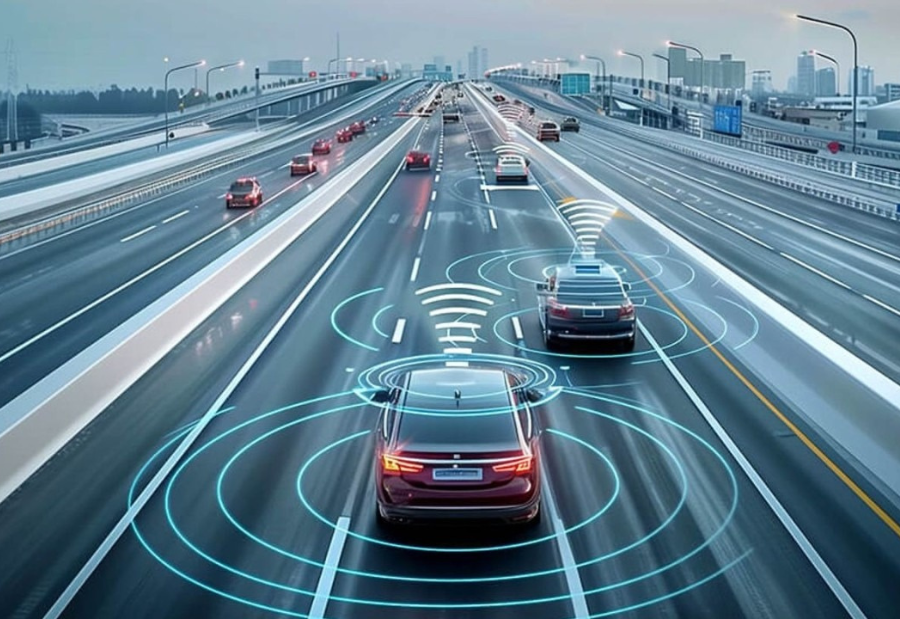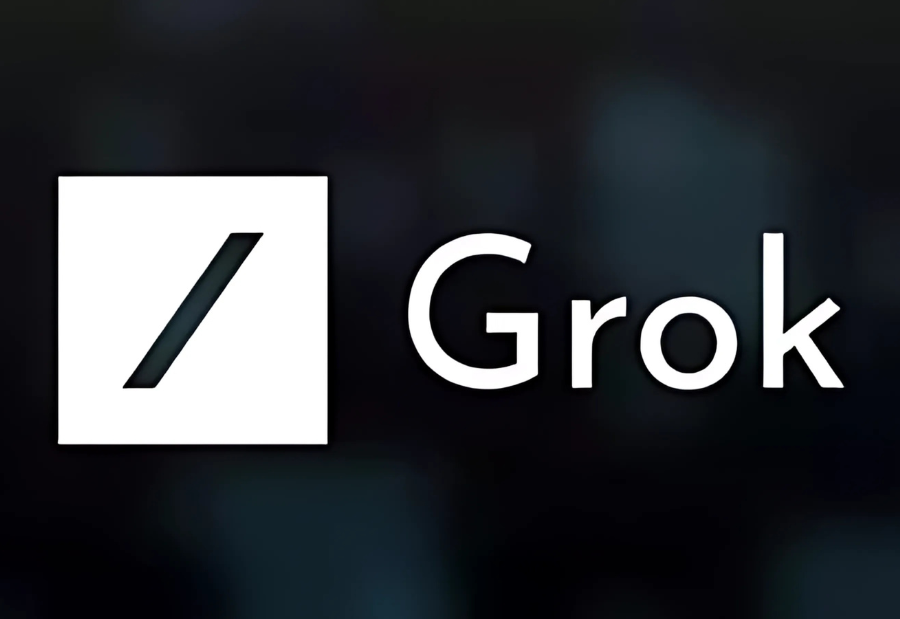Mileage and safety have been the vehicles industry’s two main selling propositions for decades: Consumers have been trained to ask questions like “Kitna deti hai?” and “Does it have a five-star crash test rating?” But as vehicles become more connected, a new question is emerging: “How secure is my car from cyber threats?”
Since most modern automobiles are now software-driven, cybersecurity is becoming a need rather than an afterthought. Vehicles are subject to previously unheard-of cyber dangers due to the same connection that enables over-the-air (OTA) software upgrades, AI-driven navigation, and remote access. Automotive greatness in the future will involve more than simply safety features and fuel economy; it will also involve digital security that makes sure a car is safe from hackers.
The Rise of the Connected Car and Its Risks
Modern cars are computers on wheels rather than merely mechanical devices. Cars today rely largely on software and internet connectivity thanks to GPS, infotainment systems, mobile app integrations, and autonomous driving capabilities. However, high connectedness also means high susceptibility.
Vehicle hacks in the real world have previously demonstrated that hackers can:
1. Remotely unlock vehicles and take them off the road.
2. Turn off vital safety features like the steering and brakes.
3. Track the movements of vehicles and alter GPS routes.
4. Take crucial driver data, such as financial and personal details.
A car’s attack surface increases with the number of characteristics it possesses. A smart automobile may become a hacker’s paradise with just one security hole in the system.
AIS 189: India’s Response to Automotive Cybersecurity
India is launching AIS 189, a cybersecurity standard intended to shield automobiles from online attacks, in recognition of the mounting danger. This rule attempts to regulate cybersecurity procedures across all automakers and is in line with international standards such as UN R155.
Cybersecurity is becoming as important to OEMs (Original Equipment Manufacturers) as crash testing and environmental regulations. AIS 189 compliance will:
- Mandate regular security audits and risk assessments.
- Require strong encryption and authentication mechanisms.
- Ensure safe and secure software updates.
- Create a cybersecurity management system (CSMS) for ongoing protection.
Now is the moment for automakers to take action. Implementing cybersecurity too slowly might result in expensive recalls, noncompliance, and serious harm to one’s brand.
Vikash Chaudhary, Founder and CEO of HackersEra, emphasizes the urgency: “Cybersecurity is no longer a luxuryit’s a fundamental requirement for every vehicle on the road. At HackersEra, we work closely with OEMs to identify vulnerabilities, conduct rigorous penetration testing, and ensure compliance with AIS 189 and global standards. The future of mobility depends on how well we secure these systems today.”
How Automakers Can Secure Their Vehicles
Businesses must implement proactive security measures as cybersecurity becomes a fundamental component of the car manufacturing industry:
- Put Secure-by-Design Principles into Practice Instead than being an afterthought, cybersecurity needs to be included into the vehicle design from the beginning.
- Frequent Testing for Penetration Automakers may find and address flaws before hackers take advantage of them by simulating cyberattacks.
- Safe OTA Updates Maintaining the safety of automobiles requires making sure that software upgrades are shielded from manipulation.
- Robust Authentication Mechanisms Unauthorized access may be avoided with secure keyless entry and multi-factor authentication.
- Working Together with Cybersecurity Professionals OEMs can keep ahead of new risks by collaborating with automotive security companies like HackersEra.
To guarantee that automobiles fulfill international cybersecurity standards, HackersEra has been in the vanguard of vehicle security, providing all-inclusive solutions like Threat Analysis and Risk Assessment (TARA), Vulnerability Assessments, and Fuzz Testing. The business has proven its proficiency in protecting both hardware and software components by successfully testing more than 50 cars and 180 ECUs.
Also read: Viksit Workforce for a Viksit Bharat
Do Follow: The Mainstream formerly known as CIO News LinkedIn Account | The Mainstream formerly known as CIO News Facebook | The Mainstream formerly known as CIO News Youtube | The Mainstream formerly known as CIO News Twitter
About us:
The Mainstream formerly known as CIO News is a premier platform dedicated to delivering latest news, updates, and insights from the tech industry. With its strong foundation of intellectual property and thought leadership, the platform is well-positioned to stay ahead of the curve and lead conversations about how technology shapes our world. From its early days as CIO News to its rebranding as The Mainstream on November 28, 2024, it has been expanding its global reach, targeting key markets in the Middle East & Africa, ASEAN, the USA, and the UK. The Mainstream is a vision to put technology at the center of every conversation, inspiring professionals and organizations to embrace the future of tech.




